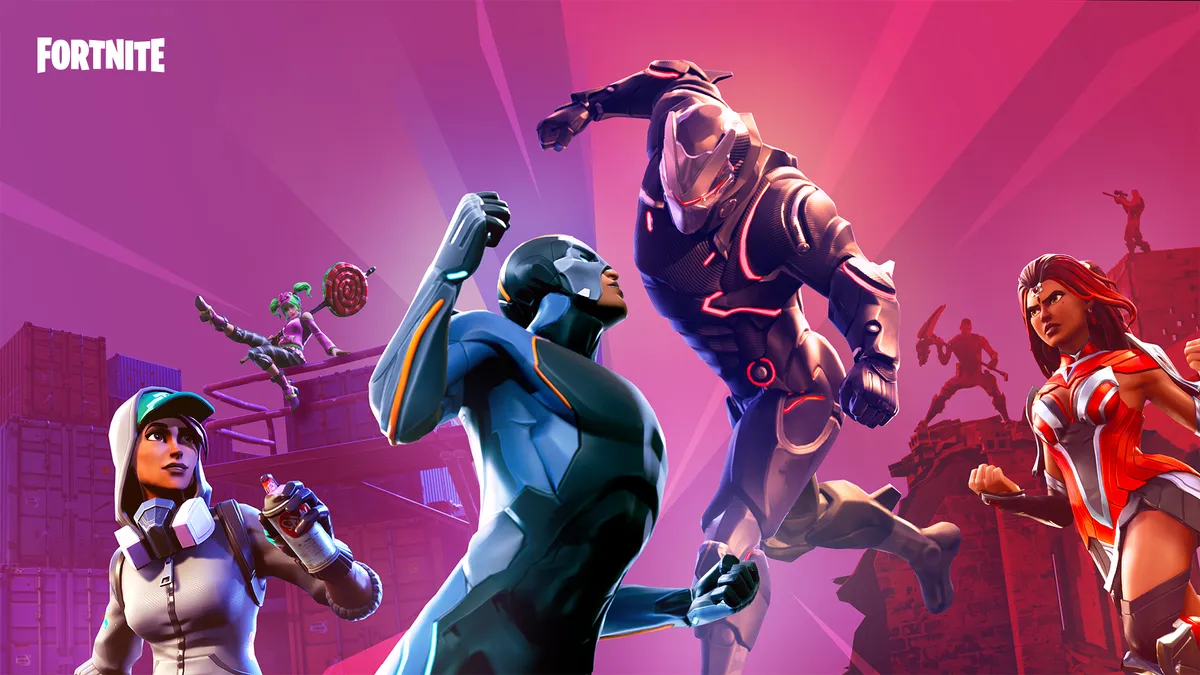The following is a guest post from Sean Campbell, VP of Reach3 Insights.
The conventional thinking on video games is that they are socially isolating. Gamers, as the stereotype goes, play alone, in their sweatpants, locked in their bedroom. They're often portrayed in the media as loners, anti-social and awkward.
But just how accurate is this perception of video games and their impact to the people who play them? It's an important question given how big gaming has become, especially among young people. In 2018 alone, the video game industry is expected to bring in $138 billion in revenue. In the U.S., 90% of teens play video games of some kind, according to the Pew Research Center.
A recent Reach3 Insights study uncovered findings on the impact of games among Generation Z through players' attitudes toward "Fortnite," the online multiplayer game that helped Epic Games become a $15 billion business.
As a gamer myself, and as a researcher working with tech and gaming companies, I think the study unearths valuable insights that marketers can use to better understand Gen Z, which is now the single largest population segment in the country.
Creating a sense of belonging and community
One of the biggest takeaways from the research is that "Fortnite" helps to strengthen friendships, not weaken them. Seventy-one percent of the players reported that all or most of their real-life friends also play the popular game. Around 60% also said that they are better friends in real life because of lessons learned in the game.
The study used software from Rival Technologies to ask players over messaging apps what they like about "Fortnite," and it collected hundreds of responses via selfie videos. These videos were useful in providing additional context around how "Fortnite" augments relationships.
The findings indicate that "Fortnite" is something players can both excel in and escape to. More importantly, the game provides Gen Zers something to bond over. Change is the only constant in "Fortnite" — and these tweaks and in-game mysteries drive word of mouth and give players something to talk about. By providing a common ground, "Fortnite" gives gamers a sense of belonging and a tribe they can call their own, complete with its unique lore, rituals and slang.
Gen Z, as it turns out, is an audience looking for a genuine community. If marketers want to connect with these young consumers, it's critical to consider how products, campaigns and user experiences help people bond with each other.
Connecting when they want
Almost 20% of the players reported spending less time with their friends as a result of "Fortnite." Does this contradict the study's other finding that "Fortnite" helps strengthen friendships? Not at all.
While "Fortnite" players are less likely to hang out in person, they're still socializing — just not in the same ways previous generations are familiar with. Because "Fortnite" is online, gamers can log in any time of day and play with their friends. Many multiplayer games, "Fortnite" included, offer built-in voice chat features that lets players talk to each other while they play, just as if they were in the same room. Previously, parents might encourage their kids to turn off the gaming console and play outside with friends. Today, that advice would be moot since those friends are also online.
This evolution of how young people socialize reiterates the importance of keeping marketers' assumptions in check. On the surface, games like "Fortnite" may not seem like a social event, but talking to Gen Z players reveals the exact opposite. Unless you engage Gen Z players directly using the channels they already spend time in, you're at risk of being off the mark and missing the consumer group altogether.
Seeking approachability
The study comes amid the rise in streaming overall. For many of the players who participated in the study, online streamers like Ninja are just as influential as mainstream celebrities like Ariana Grande, Dwayne "The Rock" Johnson and Steph Curry. Players see their favorite streamers as friendly and someone they'd like to spend time with in real life. Most streamers aren't vastly different from the friends players already spend time with in real life, making those streamers that much more relatable and valuable. This detail is important because these are attributes players might not see in music, movie or sports stars — celebrities who are sometimes seen as too big to be approachable.
This begs the question: Is your brand persona perceived as friendly and genuine by your target audience? How approachable is your brand? If you strive to market to Gen Z, these are questions that need answering.
In the end, the astounding rise of "Fortnite" reinforces the importance of engaging with audiences in a two-way conversation. As the first true digital natives, Gen Zers have lives and expectations that may seem different from past generations. It's important to listen to these young consumers continuously so your marketing efforts don't come off as fake or trying too hard.













